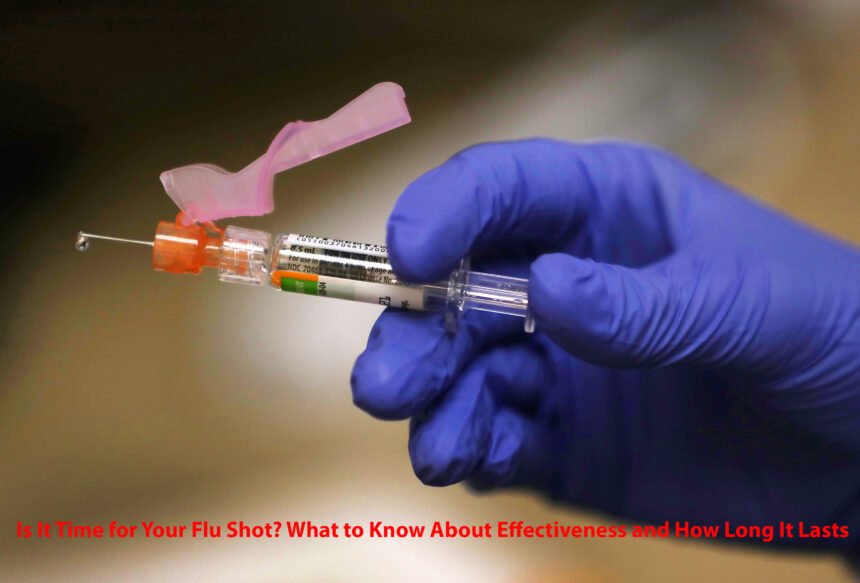As flu season approaches, getting vaccinated remains one of the best defences against influenza. The annual flu vaccine is updated each year to match the expected circulating strains, and although its effectiveness can vary, it consistently reduces serious illness, hospitalisation, and death from the virus. Even if infection occurs, symptoms tend to be milder and recovery quicker for those vaccinated.
How Effective Is the Flu Vaccine?
Effectiveness depends on how well the vaccine’s strains align with those in circulation and on individual factors such as age and health status. On average, flu vaccines reduce the risk of seeking medical care due to influenza by around 40%–60% when the match is good. Experts emphasise that this level of protection is still valuable because it prevents complications and eases pressure on hospitals. The elderly, in particular, remain at higher risk for flu-related complications, making vaccination especially important for that group.
How Long Does the Protection Last?
After vaccination, the body takes about two weeks to develop sufficient antibodies to offer meaningful protection. Beyond that point, immunity gradually wanes. Studies have shown that for many adults, protective effectiveness begins to decline after about five to six months, with the rate of decline being faster in older adults. Therefore, timing the shot correctly is a key factor to ensuring protection during the peak of flu season.
When Is the Best Time to Get Vaccinated?
The optimal window for most healthy individuals is September or October, ahead of increasing flu activity. Vaccinating too early might mean waning immunity by the time flu peaks, vaccinating too late could mean the virus has already begun spreading. For certain groups like pregnant people in their third trimester or children needing two doses earlier vaccination may be advised. Even if the season has already begun, getting the shot later can still offer meaningful benefit.
Who Should Definitely Get the Shot?
Everyone aged six months and older is recommended to receive the flu vaccine annually. Those at higher risk including older adults, pregnant individuals, people with chronic diseases, and young children gain even greater relative benefit. The vaccine’s ability to reduce severe outcomes among these groups makes it an essential preventive measure.
What to Expect and Realistic Outcomes
It is important to recognise that vaccination does not guarantee one will avoid influenza altogether. Viruses mutate, and mismatches may occur, so breakthrough infections remain possible. However, for those vaccinated, the duration of illness is often shorter, severity is lower, and the chance of complications is reduced. Importantly, by getting vaccinated, individuals also contribute to broader community protection, reducing transmission and protecting the vulnerable.
Final Thought – Better Now Than Never
The question isn’t whether you should get the flu shot, but when and ensuring you do it while it provides optimal coverage. If you haven’t yet been vaccinated, now is a good time to act. Should you be delayed past the ideal window, receiving the vaccine later still helps. In sum, the flu shot continues to be an important tool for personal and public health and timing it well enhances its benefit.












